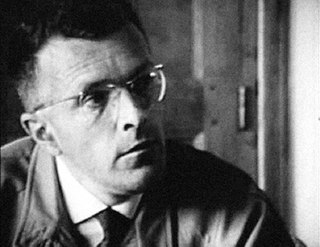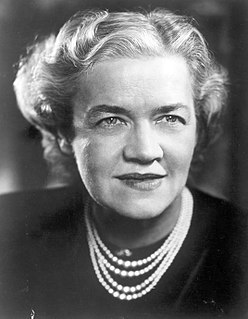A Quote by Gilbert Simondon
Recognition of the modes of existence of technical objects must be the result of philosophic consideration; what philosophy has to achieve in this respect is analogous to what the abolition of slavery achieved in affirming the worth of the individual human being.
Related Quotes
One can delineate the domain of philosophy however one likes, but in its search for truth, philosophy is always concerned with human existence. Authentic philosophizing refuses to remain at the stage of knowledge […]. Care for human existence and its truth makes philosophy a 'practical science' in the deepest sense, and it also leads philosophy—and this is the crucial point—into the concrete distress of human existence.
When objects are presented within the context of art (and until recently objects always have been used) they are as eligible for aesthetic consideration as are any objects in the world, and an aesthetic consideration of an object existing in the realm of art means that the object's existence or functioning in an art context is irrelevant to the aesthetic judgment.
While we see the course of the final abolition of human slavery is onward, & we give it the aid of our prayers & all justifiable means in our power, we must leave the progress as well as the result in his hands who sees the end; who chooses to work by slow influences; & with whom two thousand years are but as a single day.
Although it has been fashionable to deny it, anti-slavery doctrines began to appear in Christian theology soon after the decline of Rome and were accompanied by the eventual disappearance of slavery in all but the fringes of Christian Europe. When Europeans subsequently instituted slavery in the New World, they did so over strenuous papal opposition, a fact that was conveniently 'lost' from history until recently. Finally, the abolition of New World slavery was initiated and achieved by Christian activists.
Individualism regards man - every man - as an independent, sovereign entity who possesses an inalienable right to his own life, a right derived from his nature as a rational being. Individualism holds that a civilized society, or any form of association, cooperation or peaceful co-existence among men, can be achieved only on the basis of the recognition of individual rights - and that a group, as such, has no rights other than the individual rights of its members.
Human beings are not property. On the International Day for the Abolition of Slavery, let us reaffirm the inherent dignity of all men, women and children. And let us redouble our efforts so that the words of the Universal Declaration of Human Rights - 'no one shall be held in slavery or servitude' - ring true.
My creed is that public service must be more than doing a job efficiently and honestly. It must be a complete dedication to the people and to the nation with full recognition that every human being is entitled to courtesy and consideration, that constructive criticism is not only to be expected but sought, that smears are not only to be expected but fought, that honor is to be earned, not bought.
The adjective "political" in "political philosophy" designates not so much the subject matter as a manner of treatment; from this point of view, I say, "political philosophy" means primarily not the philosophic study of politics, but the political, or popular, treatment of philosophy, or the political introduction to philosophy the attempt to lead qualified citizens, or rather their qualified sons, from the political life to the philosophic life.
Technical Utopias-flying, for example-have been achieved by the new science of nature.The human utopia...a united new humankind living in solidarity and peace, free from economic determination and from war and class struggle-can be achieved, provided we spend the same energy, intelligence, and enthusiasm on the realization of the human Utopia as we have spent on the realization of our technical Utopias.
The most important form of incremental change is the decision by the individual to become vegan. Veganism, or the eschewing of all animal products, is more than a matter of diet or lifestyle; it is a political and moral statement in which the individual accepts the principle of abolition in her own life. Veganism is the one truly abolitionist goal that we can all achieve - and we can achieve it immediately, starting with our next meal.
Peoplehood tends to develop into nationhood if the people achieves a certain maturity. This is analogous to an individual person who becomes acquainted with herself only in the course of her life, without being able to say that she possessed no personal uniqueness at all before that 'self-recognition.'









































